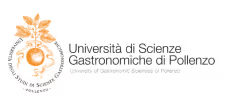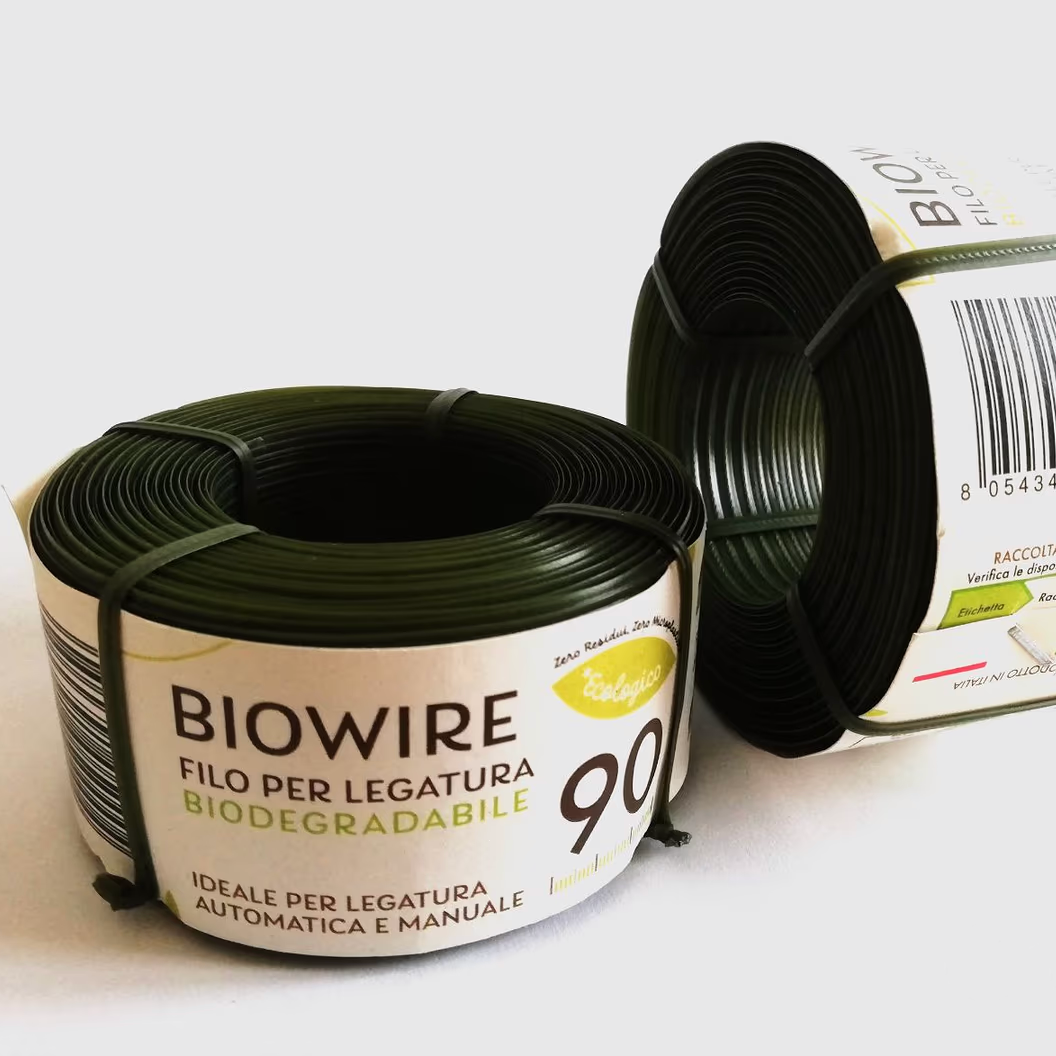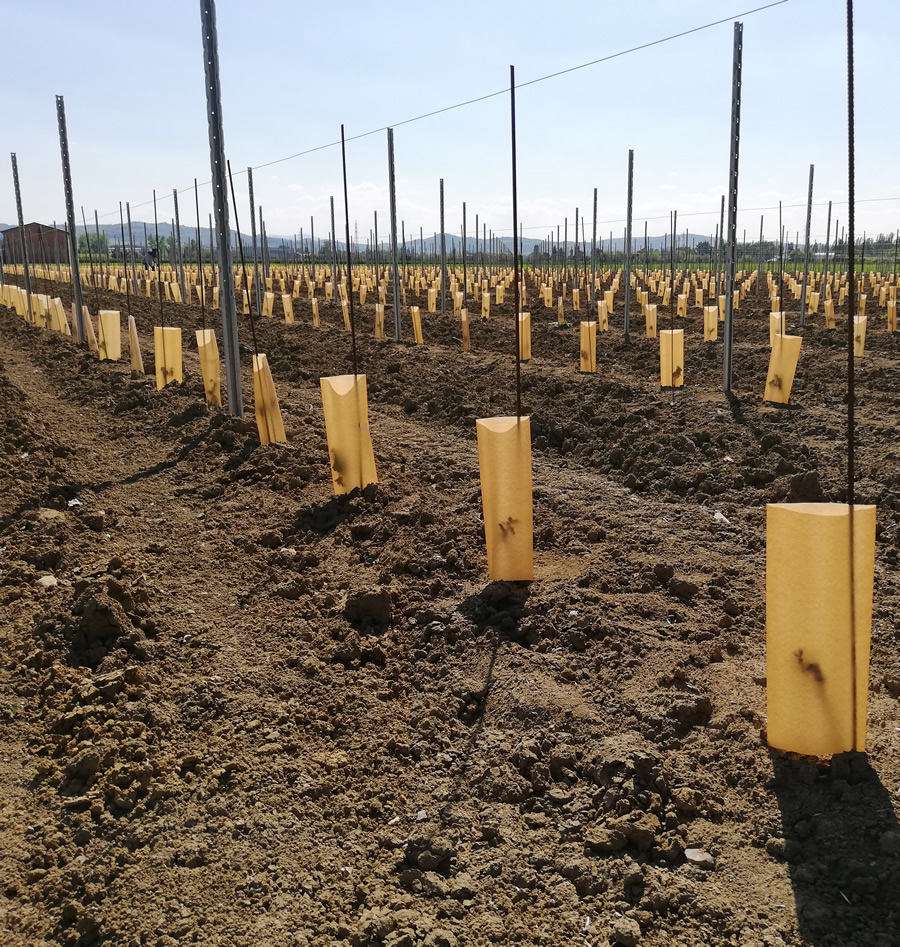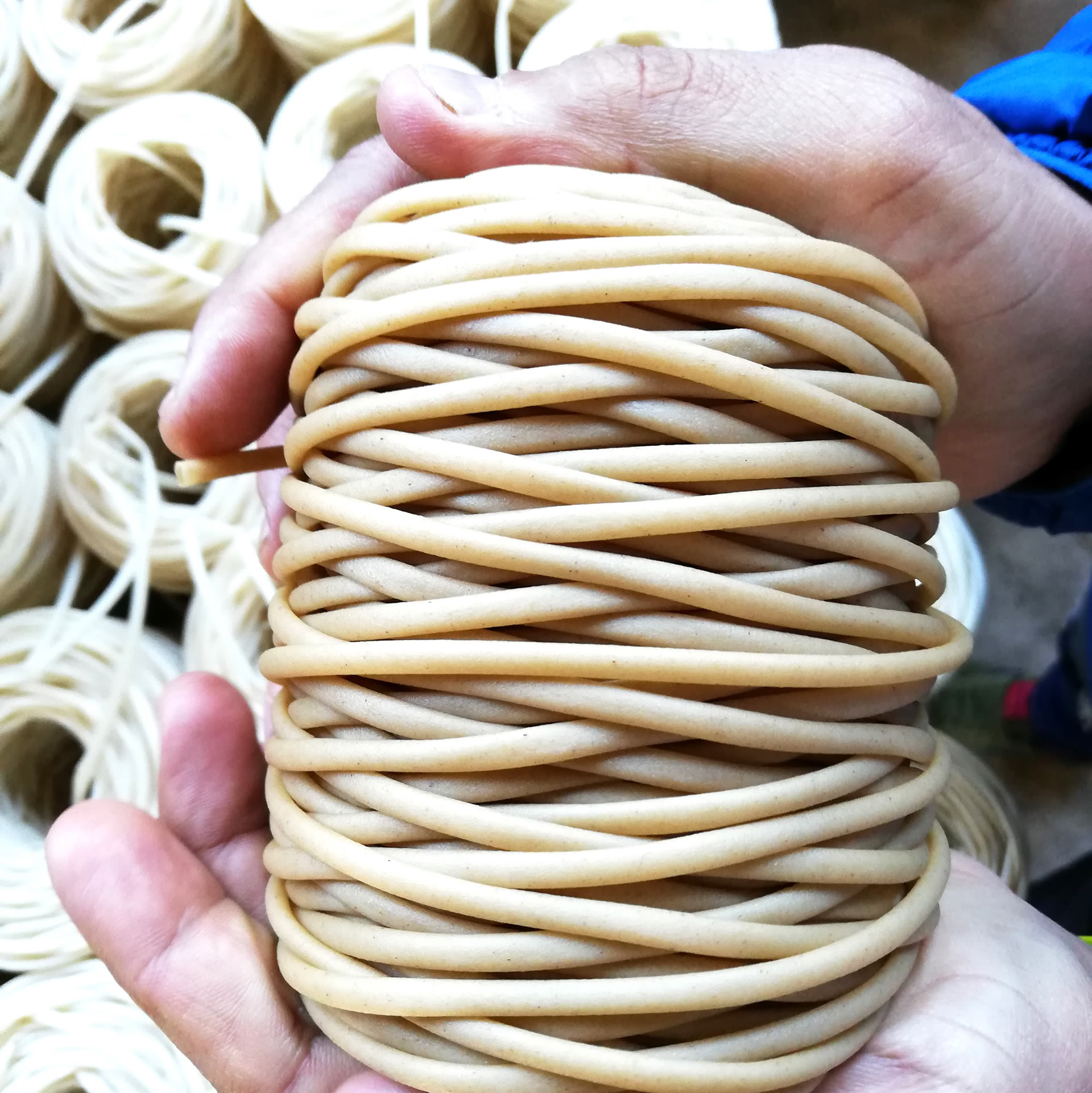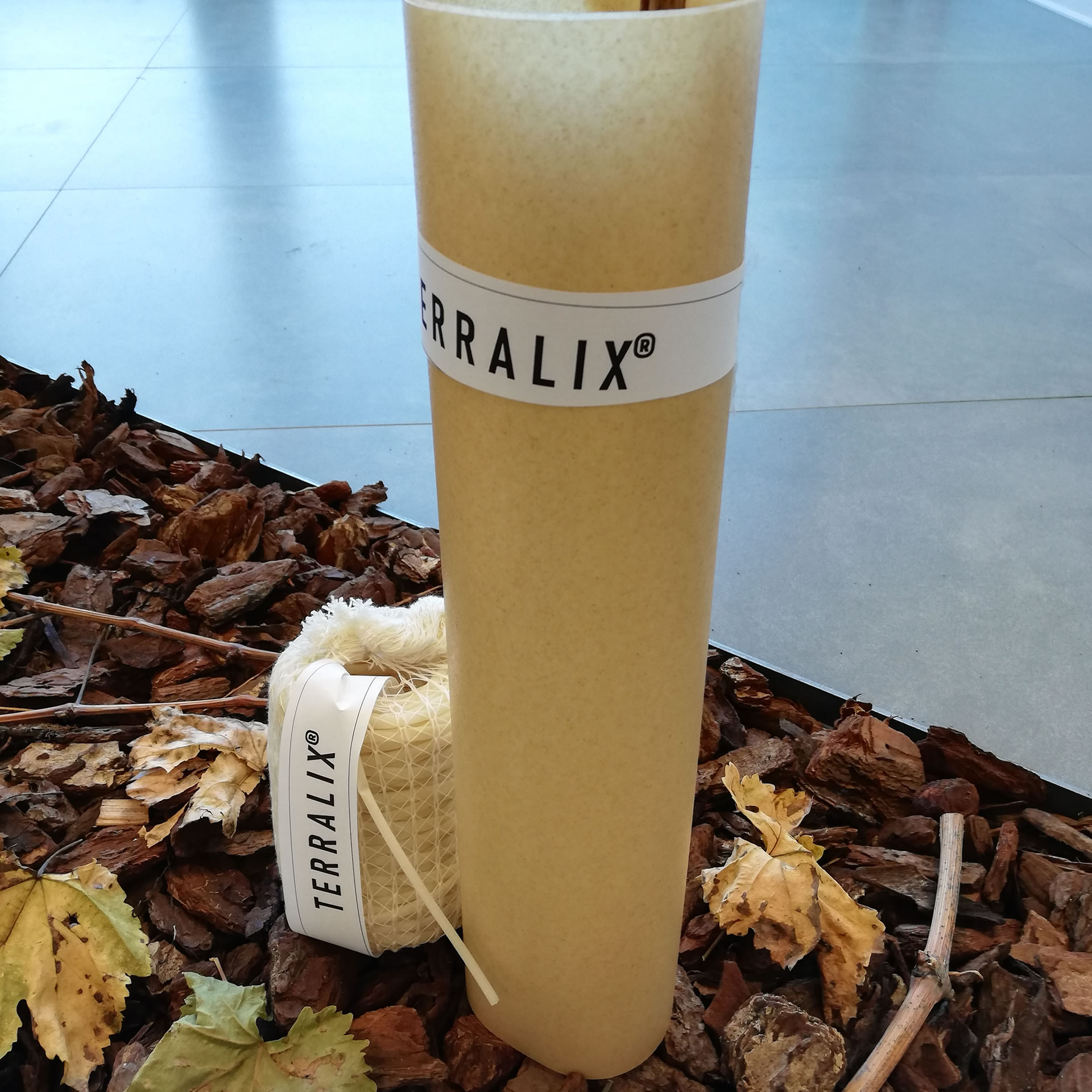Providing an alternative to traditional plastic in agriculture which, not only is one of those responsible for soil contamination and is harmful to wildlife, but also involves significant disposal costs for the farmer.
“In 2019 alone, for land cultivation, livestock, fishing and aquaculture, 12.5 million tons of plastic products were used, to which 37.3 million tons must be added, triple that, for food packaging. The main uses of plastic in agriculture concern: greenhouses (3.5 million tons), mulching films (2.5 million tons) and, in third place, fodder bale protection films (1.4 million tons).
Source:
FAO, “Evaluation of agricultural plastics and their sustainability: a call to action”, 2019.
TERRALIX® is a range of biodegradable products (in a marine and/or terrestrial environment, under certain conditions) certified by TUV Austria according to the OK bio-degradable SOIL scheme and specially designed for the agriculture sector, in particular for the vineyard, but also suitable for the world of aquaculture and forestry.
The range consists of:
• mulching film
• plant protection (shelters)
• tying systems (animated ties and ligature tubes)
• hooks
• braces
• cordage
The products have the following characteristics:
• Excellent resistance to sunlight
• Resistant to water and weather
• Free of water-soluble or oxo-degradable additives


